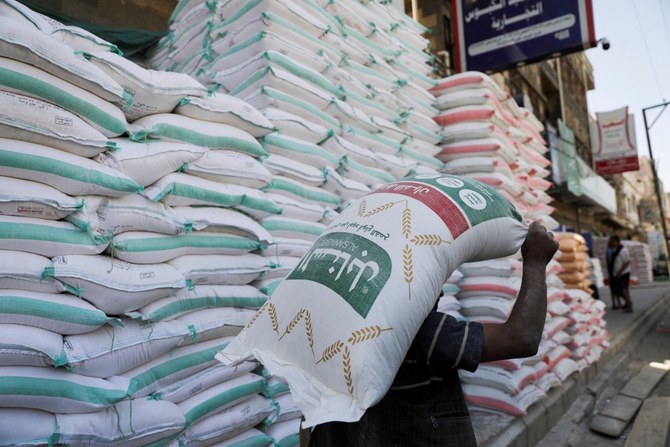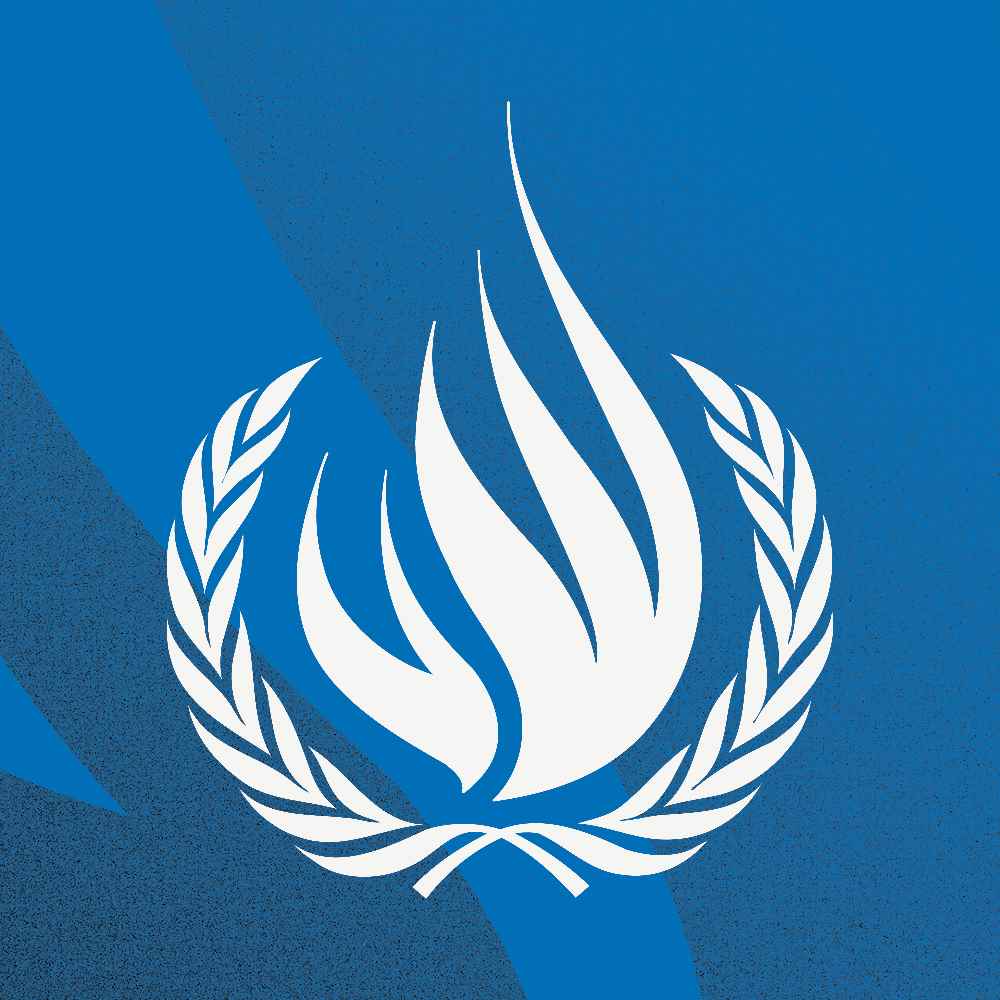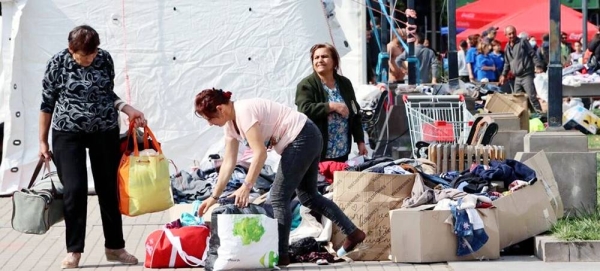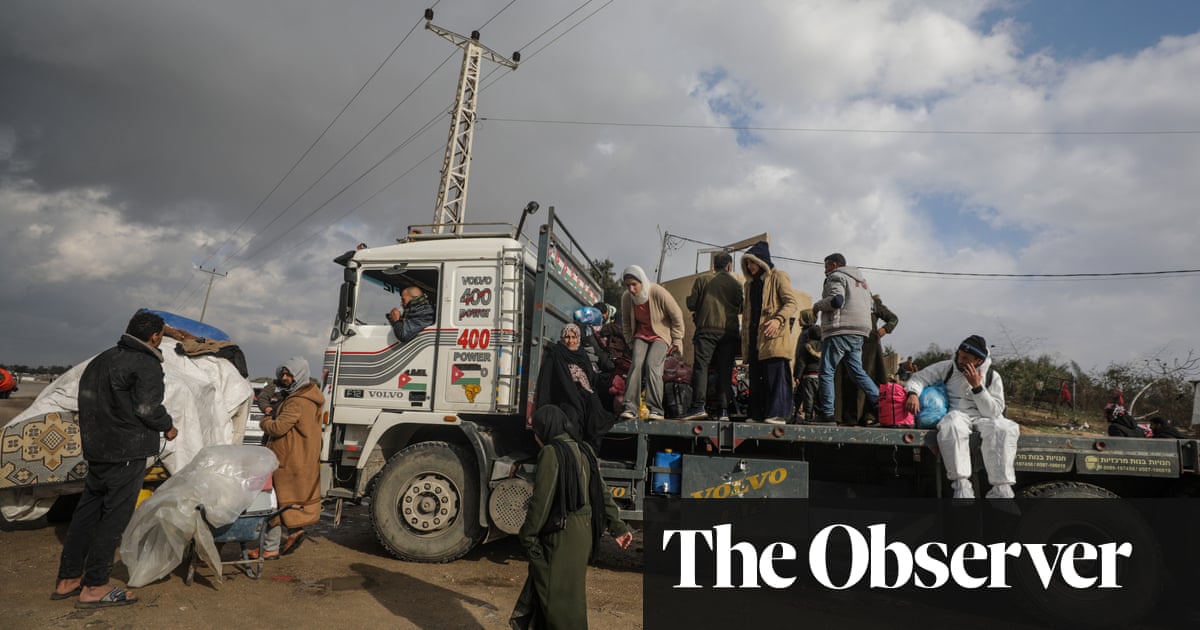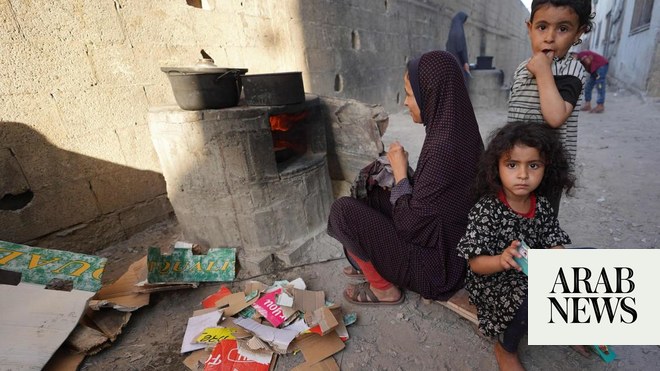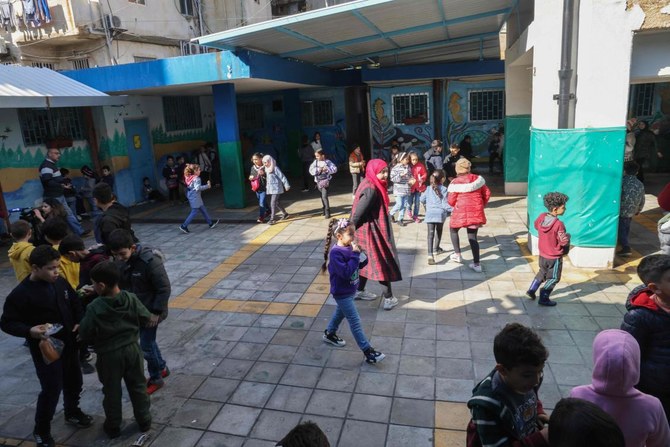
RAMALLAH — The COVID-19 pandemic has sparked a health and socio-economic emergency across the occupied Palestinian territory, the UN agency for the region warned on Friday, noting a swell of coronavirus cases in recent weeks.
The UN Relief and Works Agency for Palestine Refugees (UNWRA), said that it requires some $95 million to cover the emergency needs of 5.6 million registered Palestinian refugees in the Middle East, until the end of December.
The funds will, among other things, focus on health, cash assistance and education.
Until now, UNRWA’s efforts to contain the virus among those it assists have been largely successful.
But spokesperson Tamara Alrifai, said that between July and September, the number of cases soared from 200, to nearly 4,000.
COVID-19 cases surged in the West Bank, Lebanon and Syria in July, she said, with more recent increases in Jordan, and the first cases of local transmission was recorded in late-August.
“That’s a really dramatic jump...mostly due to the longer-term socioeconomic impact of the lockdown and the closures and the fact that beyond a few weeks, it was not possible to keep everybody confined in camps because Palestine refugees needed to go back to work”, she explained.
To minimize contagion risks, UNRWA was able to adjust its working methods to provide healthcare and hospital care, including switching to remote learning.
To avoid crowds in its distribution centers, the UN agency delivered medicines and food to people’s homes, which also helped containment of the virus.
However, the recent surge has made this even more challenging because of the longer-term impact of the lockdown and closures on household economies.
Unless the UN is able to support refugees to stay in camps and meet people’s medical needs, Alrifai flagged growing fears of an outbreak in very densely populated communities.
“This funding is crucial for controlling the spread of the pandemic in Palestine refugee camps and to help prevent a major outbreak”, the UNRWA spokesperson stressed.
Meanwhile, despite financial and other challenges, over half a million children are enrolled in 711 UNRWA schools in the West Bank — encompassing East Jerusalem, Gaza, Jordan, Syria and Lebanon — where they receive a quality education, including classes on human rights, and conflict resolution.
UNRWA Commissioner-General, Philippe Lazzarini, made the decision to open schools for the new academic year, primarily to ensure that every girl and boy has access to equitable quality education.
He believes that resuming classes also gives children a greater sense of normality within what is a highly unpredictable region. — UN news






